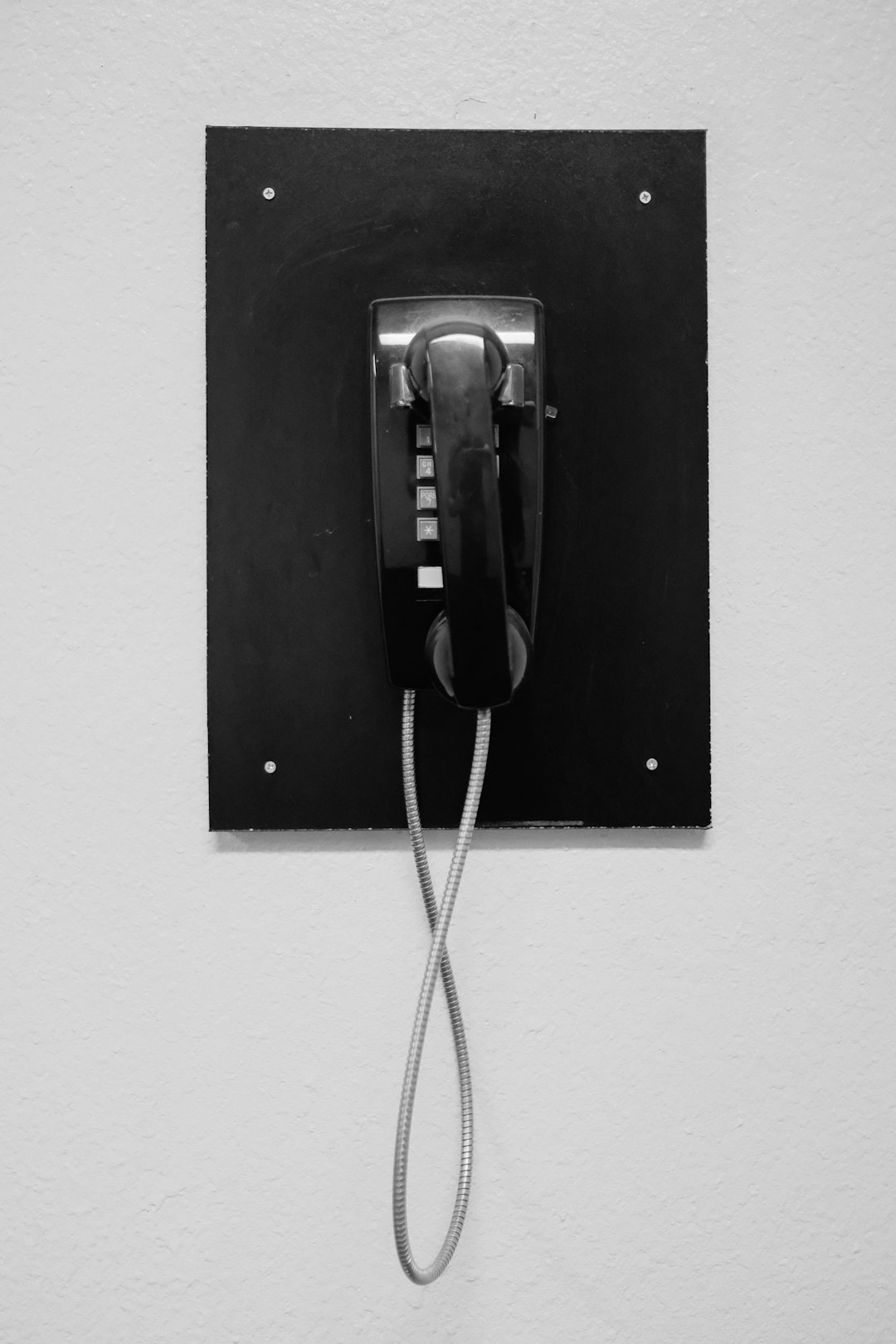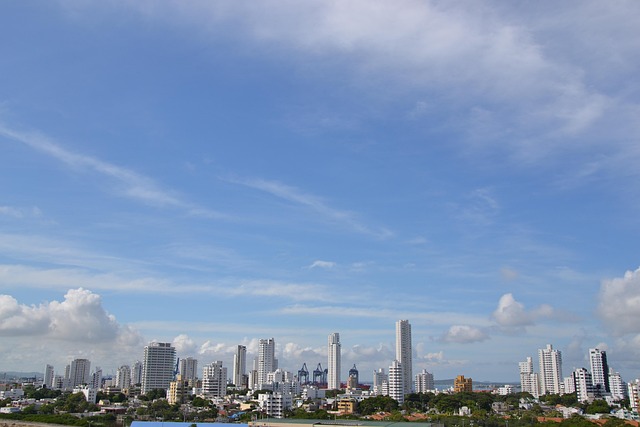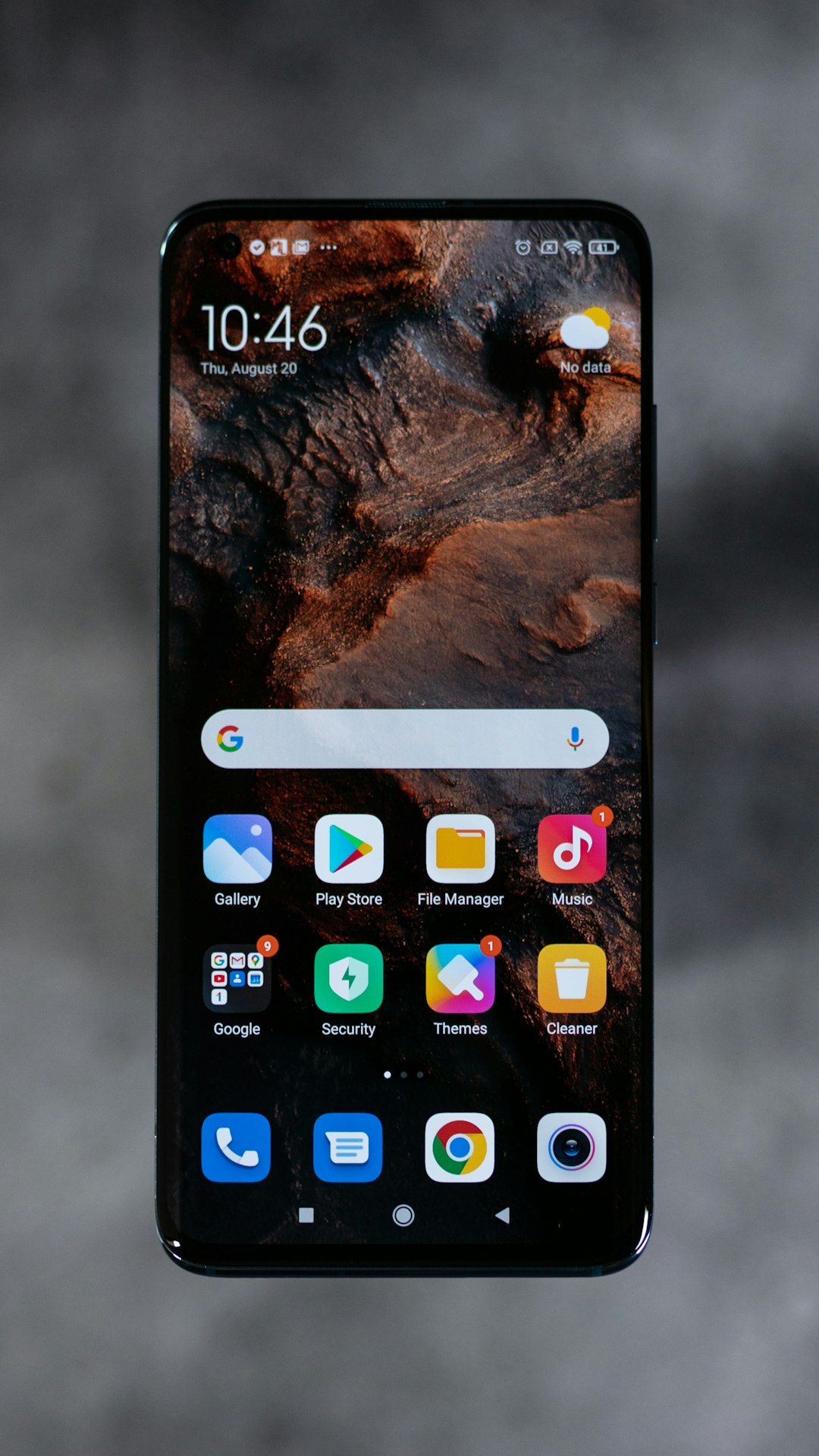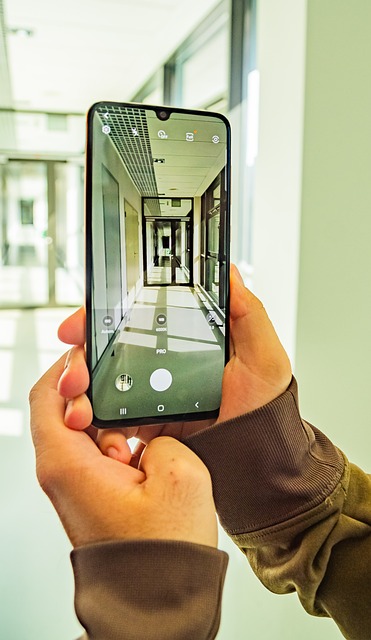Strict "do-not-call" rules in Washington, D.C., govern autodialer marketing calls for law firms, prioritizing resident privacy. Understanding regional legal nuances and preferences is key for navigating these regulations effectively. By leveraging targeted dialing techniques and personalized messages based on demographics and local context, autodialer campaigns can enhance client outreach and relationship building for DC-based law firms while ensuring ethical compliance with Telecommunications Act and state regulations.
In the dynamic legal landscape of Washington D.C., understanding local awareness in autodialer campaigns is paramount for law firms seeking effective outreach. This article delves into the intricate web of autodialer regulations specific to DC, highlighting how local context impacts compliance. We explore strategies that leverage targeted dialing to enhance client reach while navigating legal boundaries. By implementing best practices, law firms can optimize their autodialer campaigns, ensuring both regulatory adherence and maximal impact in this vibrant market.
Understanding Autodialer Regulations in DC

In Washington, D.C., the use of autodialers for marketing purposes is subject to specific regulations designed to protect consumers from intrusive calls. The city’s laws on autodialer campaigns are stringent, reflecting a growing awareness of the impact of such practices on residents’ privacy and peace of mind. Understanding these regulations is crucial for any law firm or business operating in DC that utilizes autodialing technology.
Autodialer laws in DC, often referred to as “do-not-call” rules, outline permissible uses and restrictions on automated dialing systems. These laws mandate that companies obtain explicit consent from individuals before initiating automated phone calls, ensuring residents have control over their contact preferences. Compliance with these regulations is not just a legal requirement; it also fosters trust between businesses and consumers in the competitive legal services market.
The Impact of Local Awareness on Compliance

In the context of autodialer campaigns for law firms in DC, local awareness plays a pivotal role in ensuring compliance with stringent regulations. The ability to tailor communication strategies based on regional preferences and legal nuances can significantly reduce the risk of violations. For instance, understanding the specific consumer protection laws and privacy regulations unique to DC allows for more targeted and legally sound outreach.
This localized approach not only mitigates potential penalties but also fosters better relationships with clients and prospects. By respecting local boundaries and customizing interactions, law firms can enhance their reputation and build trust, ultimately leading to more effective marketing outcomes. In the ever-evolving landscape of autodialer laws, staying attuned to regional specifics is a key differentiator for any successful DC-based law firm engaging in automated outreach.
Enhancing Client Reach with Targeted Dialing

In the competitive legal landscape of Washington, D.C., reaching potential clients effectively is paramount for any law firm’s success. This is where autodialer campaigns prove invaluable, offering a strategic approach to enhance client reach and engagement. By employing targeted dialing techniques, law firms can ensure their messages resonate with the right audience, increasing the likelihood of converting leads into actual clients.
Autodialer systems, when utilized responsibly within the confines of the DC autodialer law, allow for precise targeting based on demographics, geographic locations, and previous interactions. This level of customization means legal practices can tailor their outreach, improving response rates and fostering stronger connections with prospective customers. Such targeted efforts not only save time but also contribute to building a robust client base by focusing resources on the most receptive segments.
Navigating Legal Boundaries: Do's and Don'ts

Navigating legal boundaries is crucial when deploying autodialer campaigns in Washington, D.C., especially for law firms aiming to reach potential clients effectively. The Telecommunications Act and state-specific regulations govern autodialing practices, including restrictions on automated calls to personal phones after 9 p.m. and requirements for opt-out mechanisms. Law firms must adhere to these rules to avoid consumer complaints and significant fines.
Do’s include obtaining explicit consent before dialing, providing a clear way for recipients to opt out, and maintaining detailed records of call activities. Don’ts involve making automated calls without prior permission, failing to honor opt-out requests, or using deceptive language that misleads potential clients about the nature of the call. Compliance with autodialer law firm DC standards ensures ethical marketing practices while maximizing the reach and impact of legal services.
Strategies for Effective Localized Outreach

To maximize the success of autodialer campaigns in DC, law firms should employ localized outreach strategies that resonate with their target audience. One effective approach is to personalize messages based on geographical and demographic data. For instance, tailoring legal advice or service offers to specific neighborhoods within DC can make communications more relevant and engaging for recipients. This level of local awareness ensures that potential clients perceive the autodialer calls as valuable and less intrusive.
Additionally, leveraging local events, news, or cultural references in outreach can significantly enhance response rates. By incorporating knowledge of DC-specific happenings, law firms can create a sense of community and urgency around their messages. For example, mentioning upcoming changes to local laws or referencing current affairs relevant to the target demographic can spark interest and encourage interactions with the autodialer campaign. Such localized strategies not only improve engagement but also contribute to building stronger relationships between the law firm and its DC-based clientele.






